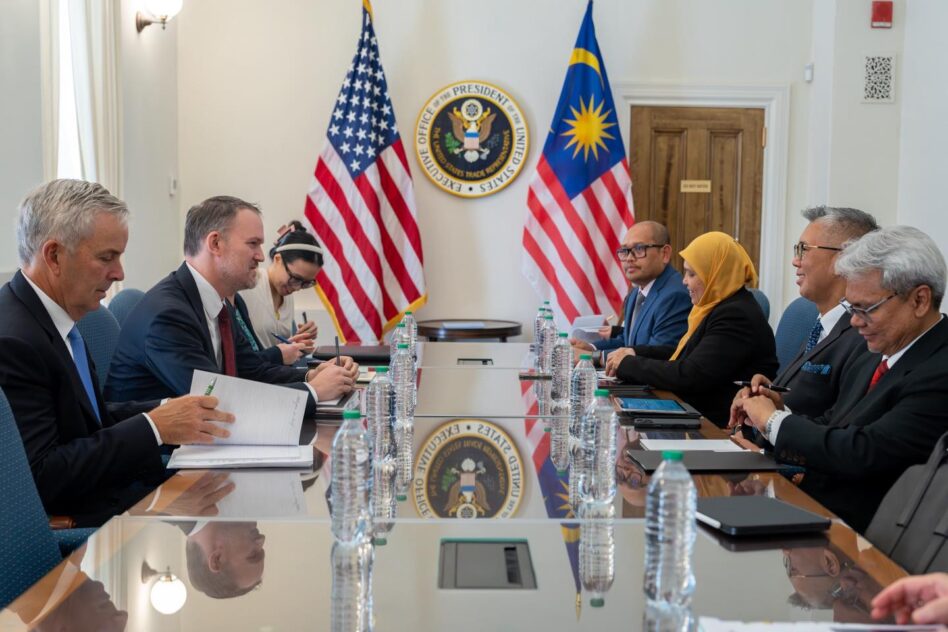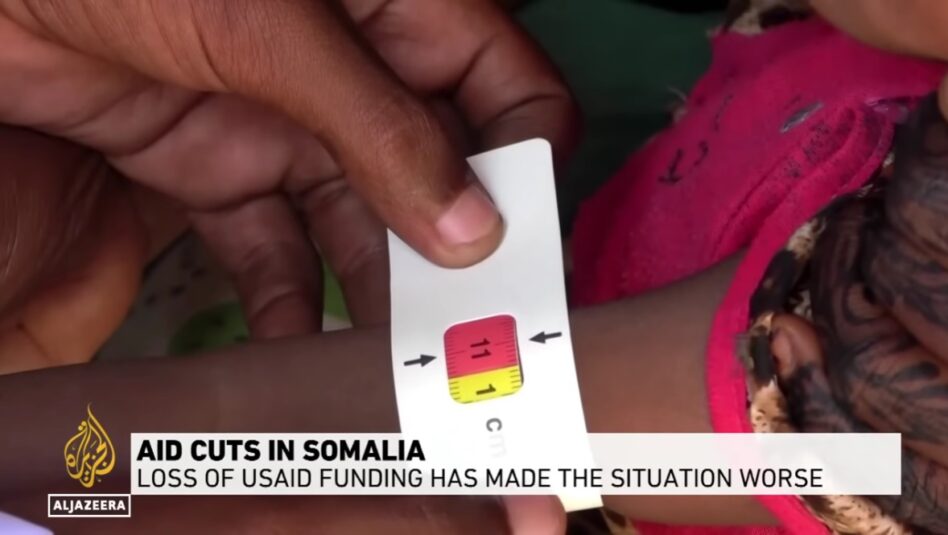THE proposed plan by the Health Ministry (MOH) to ban the sales of cigarettes and vaping products to those born after 2005 will set a dangerous precedence that will impact the national economy and jobs – if this law is passed.
The so-called poll conducted by the Muslim Consumers Association of Malaysia (PPIM) recently should be enough to set off a red flag against a bill of this nature. The poll by PPIM was carried out in response to the Government’s intention to outlaw smoking and vaping for future generations.
It found that most respondents agreed that the ban should include other industries like alcohol, gambling, bars, nightclubs, karaoke places and sugary beverages.
Clearly, this generation end game creates a slippery slope for other similar forms of legislation that may curtail the operations of legitimate and tax-paying industries. The Government is currently starting with cigarettes and vaping products. Where does it stop?
From a legal perspective, when it comes to enacting new laws and regulations such as the generation end game, it will set a precedent for the future and most likely certain special interest groups or opportunistic politicians and extremist groups will call for a ban of products and services that may be deemed contradictory to their social and moral philosophy.
The tobacco generation end game is just a start to Malaysia’s march towards a nanny state. This will have a widespread impact as industries like tobacco, alcohol, gambling, nightclubs and sugary drinks which contribute billions in tax revenue to the Government.

A nanny state refers to a government or policies that are being over-protective or interfering with personal choices of its citizens.
Nowadays, consumers are well-informed of the crucial facts that can influence their decision-making. They know what they want and what they will eat. Furthermore, it is their fundamental right under the Federal Constitution as the state has no power to interfere with anyone’s personal decision or privacy in Malaysia.
Learn from Sri Lanka
Instead of coming up with counter-productive legislation, the Government should focus on creating policies and laws that can help with job creation and economic growth as well as steers the country to attract foreign direct investments into the country.
In 2013, the Government decided to eliminate the sugar subsidy to encourage Malaysians to stay away from sugar as it is the leading cause of diabetes. However, this approach backfired as the number of diabetes patients in Malaysia is gradually increasing despite rising sugar prices in recent years.
Recall how the Sri Lankan Government had in April 2021 enacted a policy prohibiting farmers from using synthetic fertiliser to raise crops on their farms to decrease spending and enhance foreign exchange while also addressing worries about the health implications of utilising chemicals in agricultural production.
Domestic rice production declined dramatically in the first six months after Sri Lanka went organic.
The restriction eventually had a negative impact on the country’s principal export and source of foreign exchange; 10 months later in February this year, Colombo eventually terminated the programme for numerous significant products – including tea and coconut – due to violent protests, surging inflation and currency collapse.
Therefore, policymakers as well as the overall community must consider future repercussions before passing any restrictive laws like the tobacco generation end game.
The state should strike a balance when enacting any restrictive rules so as to not create an environment for the illegal market.
A good example is the alcohol ban in the US in the 1920s which resulted in the surge in the illegal alcohol trade coined as ‘bootlegging’.
As reported previously, Malaysia’s black/shadow economy accounts for more than RM300 bil in illegal trades.
Henceforth, the Government should instead prioritise ways to address this rather than considering any restrictive regulations which will put further pressure on the system. – June 11, 2022
A well-published legal columnist, R. Paneir Selvam, is the principal consultant of think tank Arunachala Research & Consultancy Sdn Bhd (ARRESCON).
The views expressed are solely of the author and do not necessarily reflect those of Focus Malaysia.









